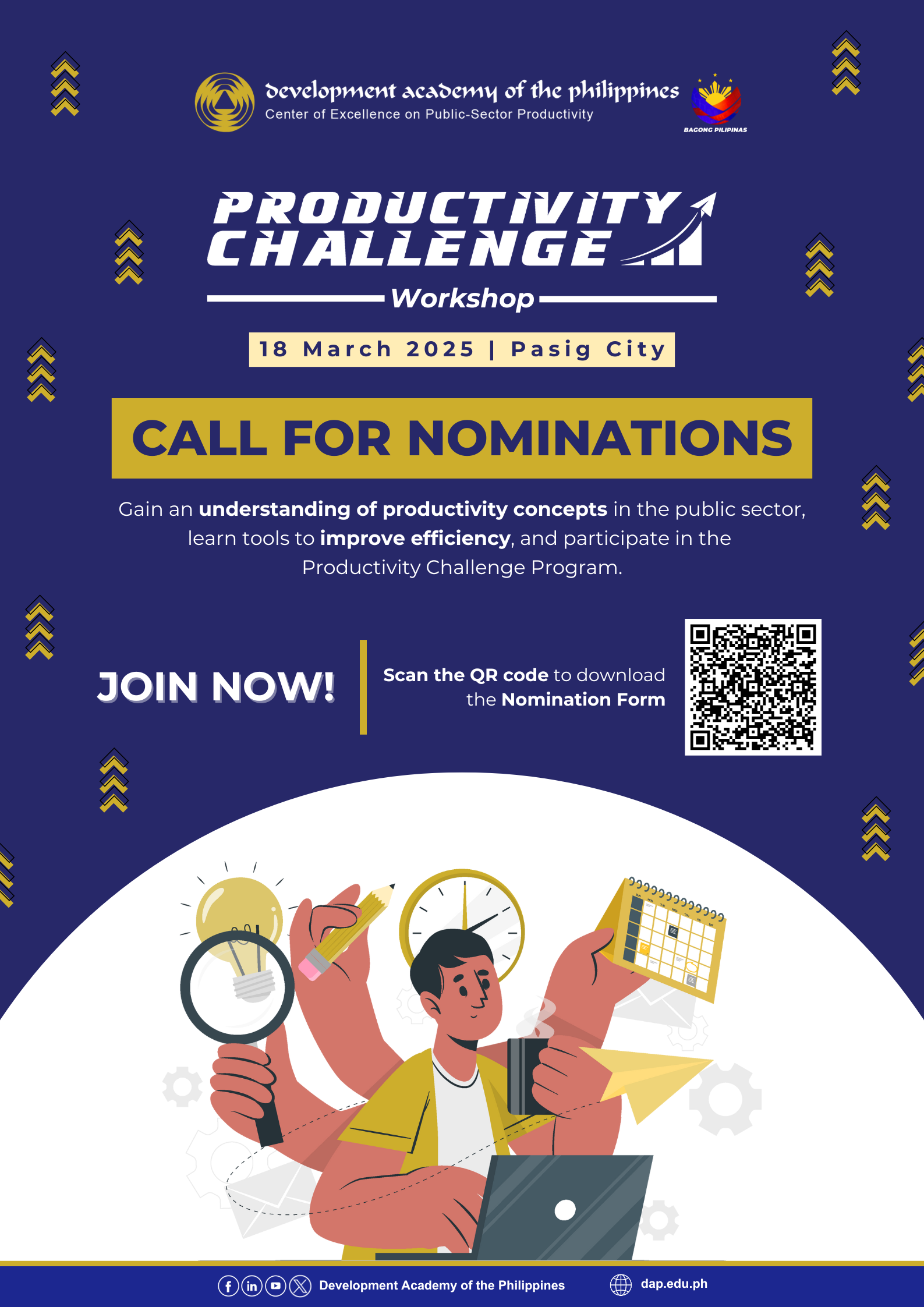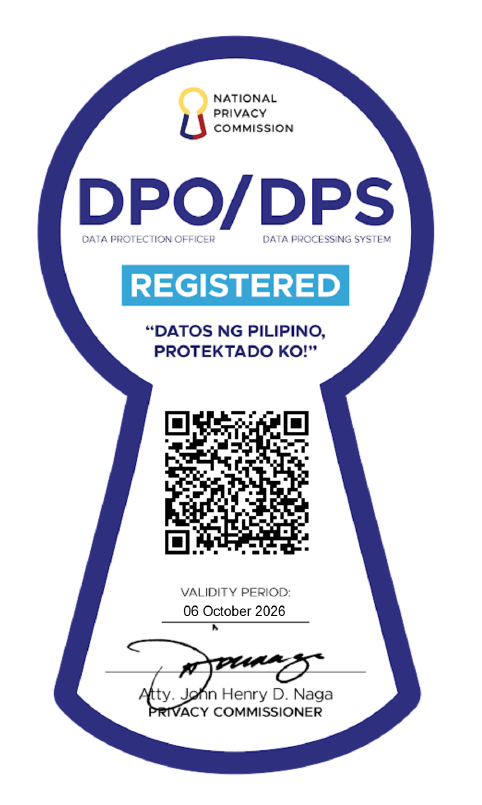It was Friday, the 26th of June, 2015. It was graduation time. Vincent De Asis, the Chief Officer with the toothy grin, was at the microphone. He wore, for once, a serious demeanor. He confessed that before attending the International Maritime Organization (IMO) 6.09 training course, his prime motive for taking the Instructor’s Course was economic. He wanted an alternative source of income to serving on board ship. With his experience and expertise, he would be able to swing it as a Maritime Instructor, if only he could apply the proper teaching techniques. Hence, his attending the IMO 6.09 Batch 79 training course at the Development Academy of the Philippines.

But at the end of the course, ten days after it began, his thinking had begun to grow in new directions. Now, he said, he realized how important the experienced seafarer’s contribution could be to helping train the next generation of Filipino seafarers, and making the Filipino seafarer, now occupying over 25 percent of all seafaring positions in the world, even more competent and competitive. Seafaring represents a significant contribution to the Philippines’ continuing economic growth.
That is, in fact, how the Philippine Maritime Industry Authority (MARINA) sees it. Among its most important objectives is the “sustained development of globally competitive seafarers” (MARINA website). It must therefore make sure that all Maritime training institutions hire only qualified Instructors. And that means, in part, graduates of the IMO 6.09 training course. The Development Academy of the Philippines – Center for Knowledge Management (DAP-CKM) is one of only a handful of institutions accredited by the MARINA to offer IMO 6.09.

For the DAP-CKM, the IMO 6.09 course enables competent, experienced mariners to employ creative “technologies” for “translating” their knowledge and skills into “forms” that can be communicated to and imbibed by maritime students, both those who are just beginning their careers and those who already have some experience and wish to enhance their skills. For teaching is, in fact, the quintessential and most human expression of Knowledge Management – the creation, preservation, improvement, and dissemination of knowledge.
Thus three entities, each with its own motives, has come together beautifully to this moment, when Vincent De Asis, after a few moments of seriousness, has broken out once again into his signature grin, to cheers of “A-hoo!! A-hoo!!!” from 22 other very happy, newly minted maritime instructors!




